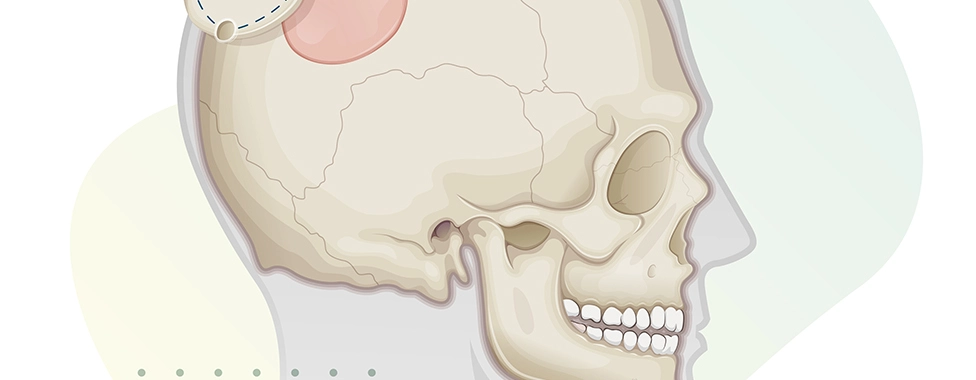A craniotomy is a complex and intricate neurosurgical procedure involving the surgical opening of the skull to access and treat various brain conditions. This highly specialized operation allows neurosurgeons to address a wide range of neurological disorders, including brain tumors, vascular malformations, traumatic brain injuries, and epileptic foci, among others. During the procedure, a section of the skull, called a bone flap, is carefully removed to provide direct access to the brain, allowing for precise tumor removal, clot evacuation, or other necessary interventions. The procedure may be performed using advanced surgical techniques, such as neuronavigational and intraoperative imaging, to enhance accuracy and safety. Following the surgical intervention, the bone flap is typically repositioned and secured with plates or wires, and the scalp is meticulously closed. Craniotomy requires a multidisciplinary team, state-of-the-art equipment, and the expertise of highly trained neurosurgeons to ensure successful outcomes while minimizing the risk of complications. The procedure has proven to be a vital tool in the treatment of various intracranial pathologies, improving patient prognosis and quality of life in many cases.
A craniotomy is a surgical procedure in which a portion of the skull is temporarily removed to access and treat conditions within the brain. This may include removing tumors, relieving pressure from swelling or bleeding, repairing vascular abnormalities, or addressing other neurological issues. The surgeon carefully opens the skull, performs the necessary procedures, and then secures the bone back in place with plates and screws. Craniotomies are performed under general anesthesia and often involve advanced imaging techniques for precise guidance. While it is a significant procedure, advances in medical technology and techniques have led to improved outcomes and reduced recovery times for many patients. Craniotomies are tailored to each individual’s condition, aiming to effectively address neurological concerns and promote optimal brain function.






